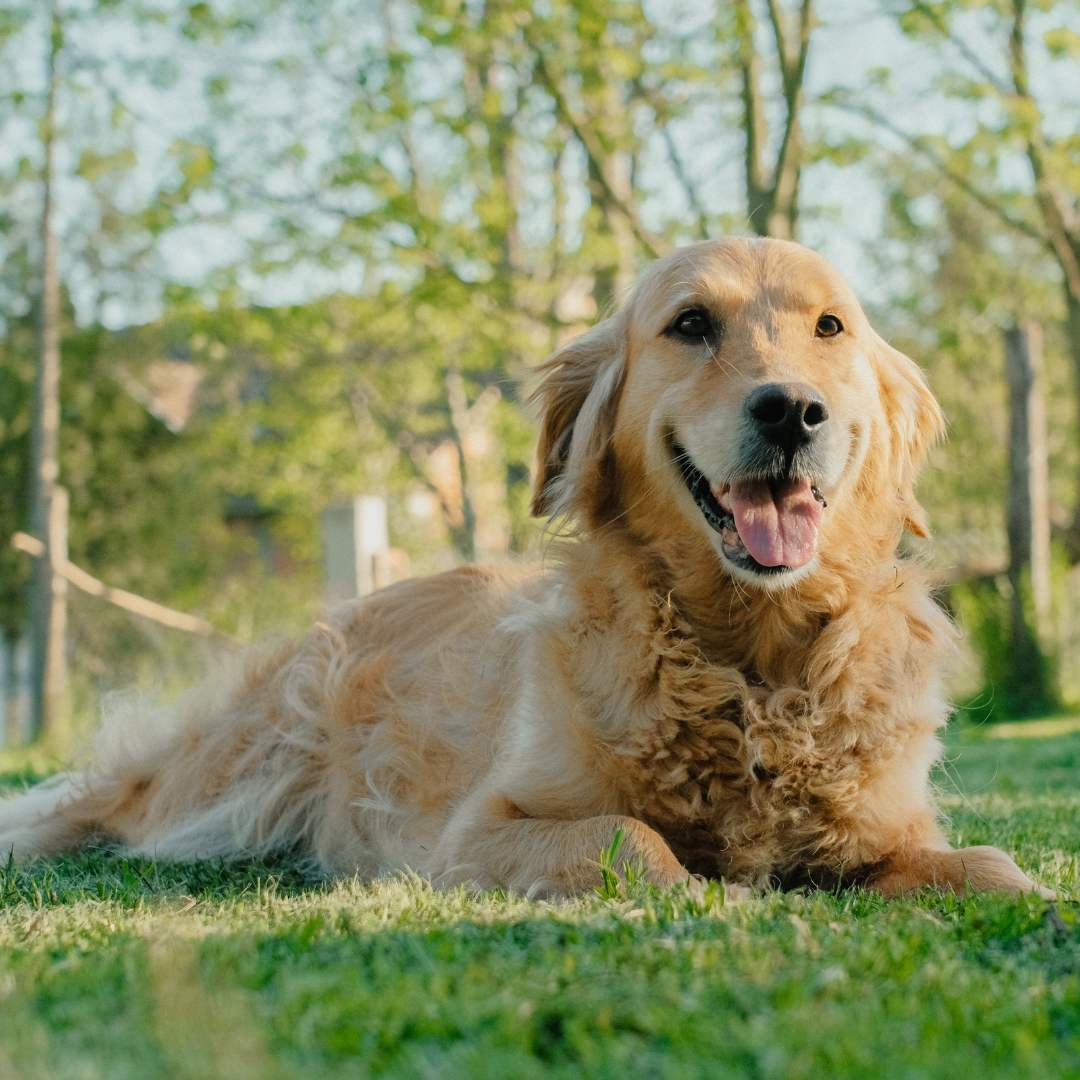Exploring the Impact of Prebiotics on Pet Behavior and Mood

More and more vets and pet owners are realizing the connection between intestinal health and general wellness in their animals. This study looks at the potential effects of prebiotics, an essential part of gut health, on behavior and mood in pets.
What Are Prebiotics?
Prebiotics are indigestible fibers that feed the good bacteria in the stomach. Prebiotics assist in the growth of already-existing beneficial bacteria, promoting a healthy microbiome, in contrast to probiotics, which introduce new bacteria.
The Gut-Brain Axis: How Gut Health Influences Behavior
The gut and the brain are connected by a communication network known as the gut-brain axis. According to this link, a pet's mental health can benefit from a healthy gut, which can affect behavior, stress levels, and mood in general.
How Prebiotics Affect Pet Behavior
Reducing Anxiety and Stress: Prebiotics may help pets feel less anxious by encouraging the development of gut bacteria that create feel-good chemicals like serotonin, according to studies.
Enhancing Mood Stability: Prebiotics can help maintain a balanced gut flora, which can improve a pet's capacity to handle stressful situations, reduce unpredictable behavior, and promote more stable emotions.
Supporting Cognitive Function: Given that the gut microbiome affects brain development and function, prebiotics may help pets learn and remember more effectively.
Natural Sources of Prebiotics for Pets
Chicory Root: Chicory root, which is high in inulin, is a potent prebiotic that promotes a healthy gut flora.Bananas: Bananas may be a delightful treat for pets and help intestinal health because they are a good source of prebiotics and dietary fiber.



